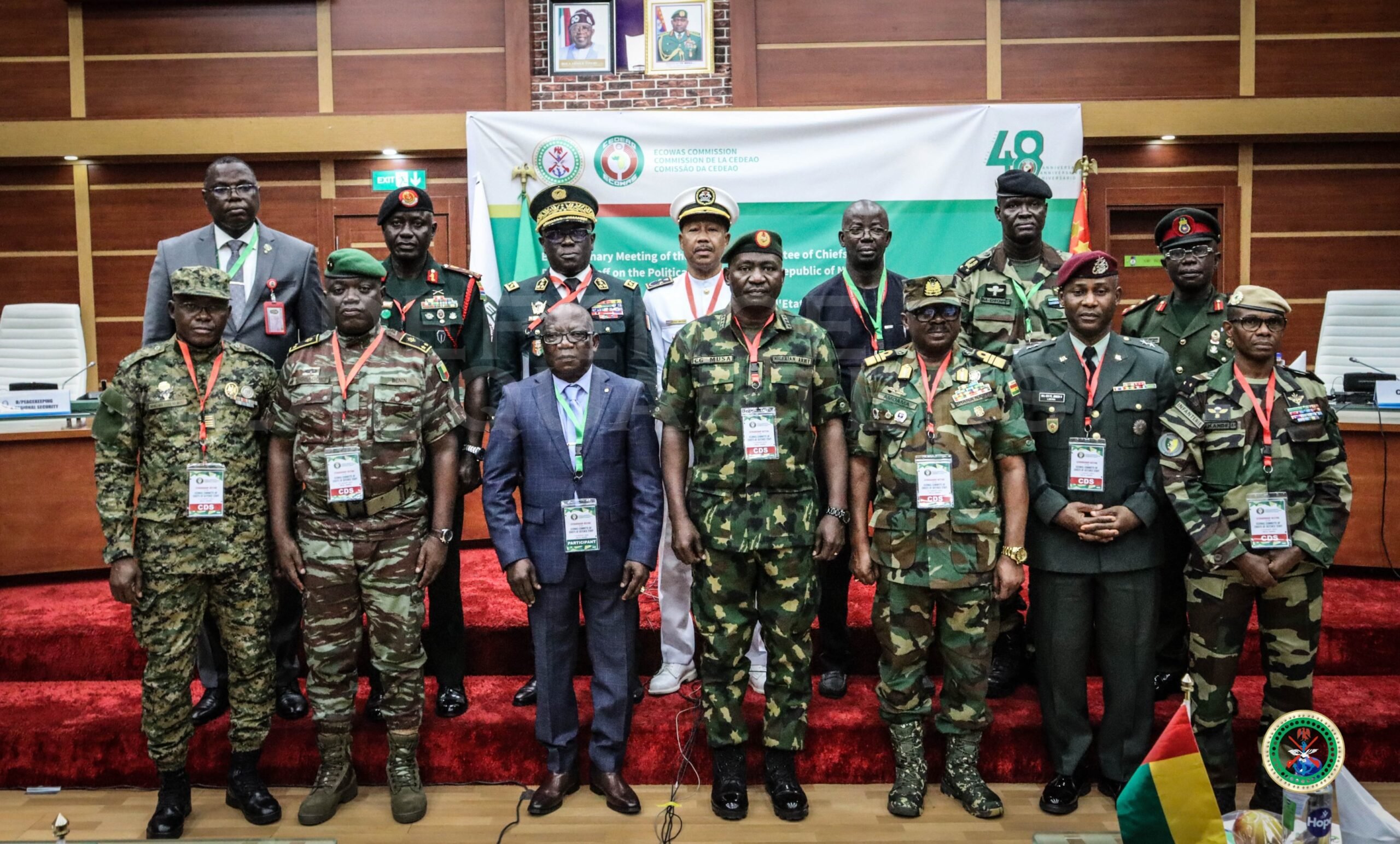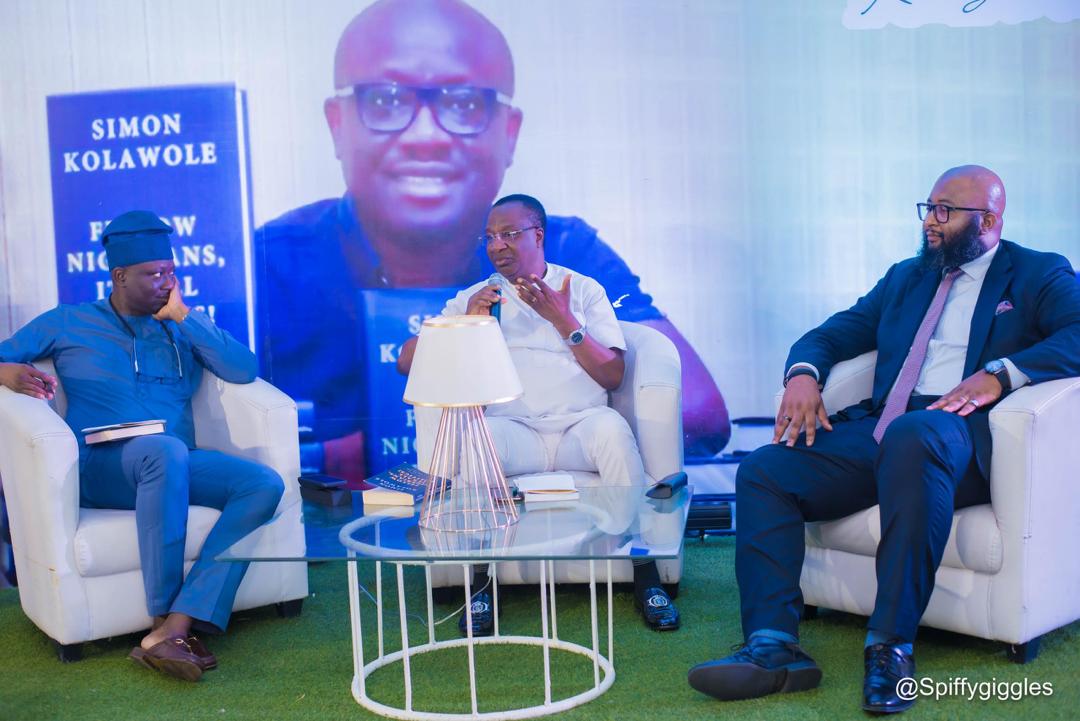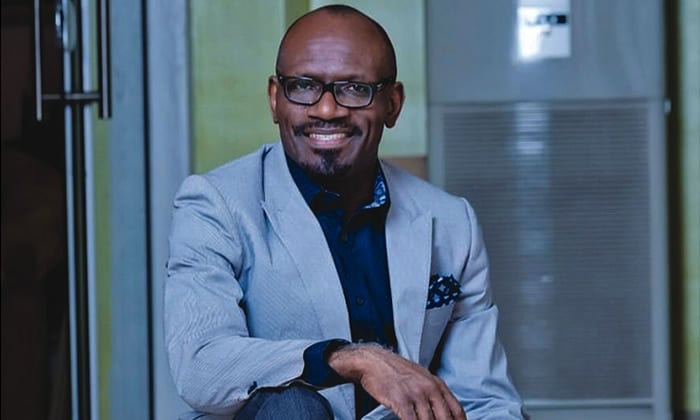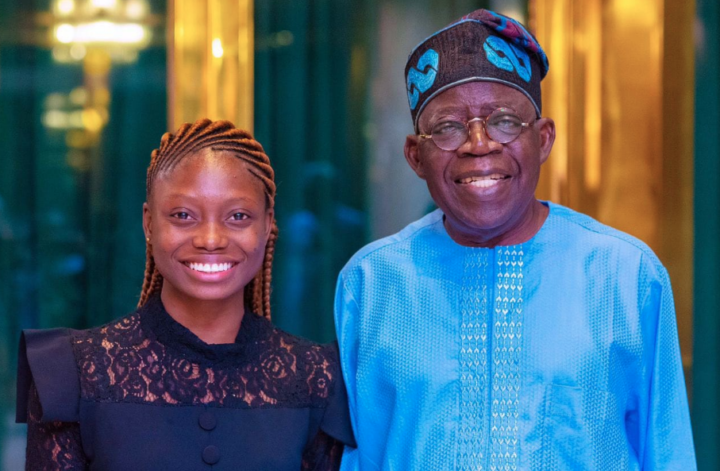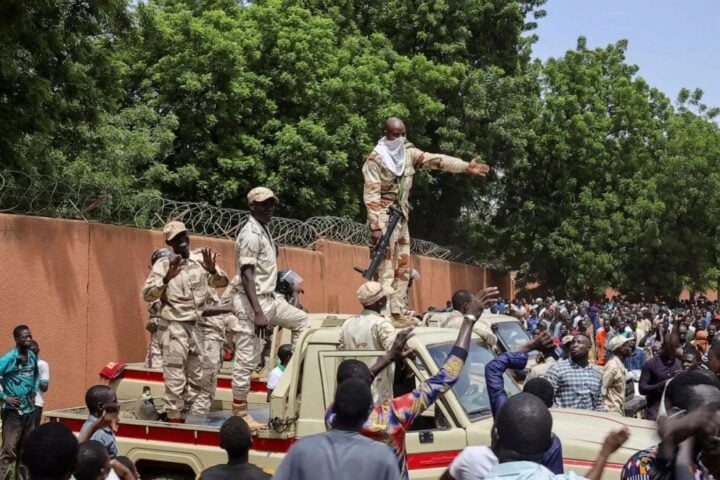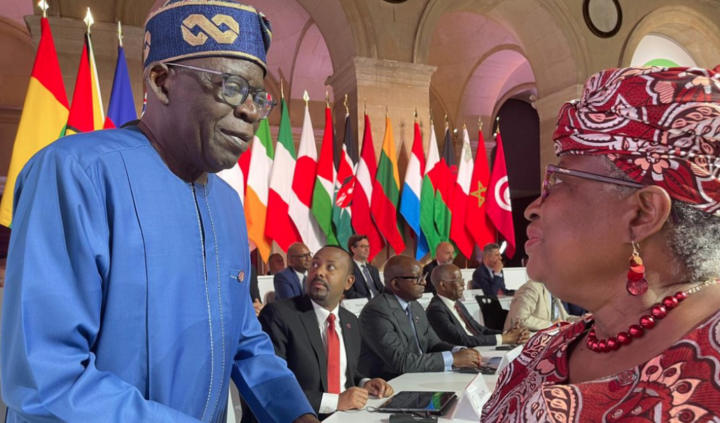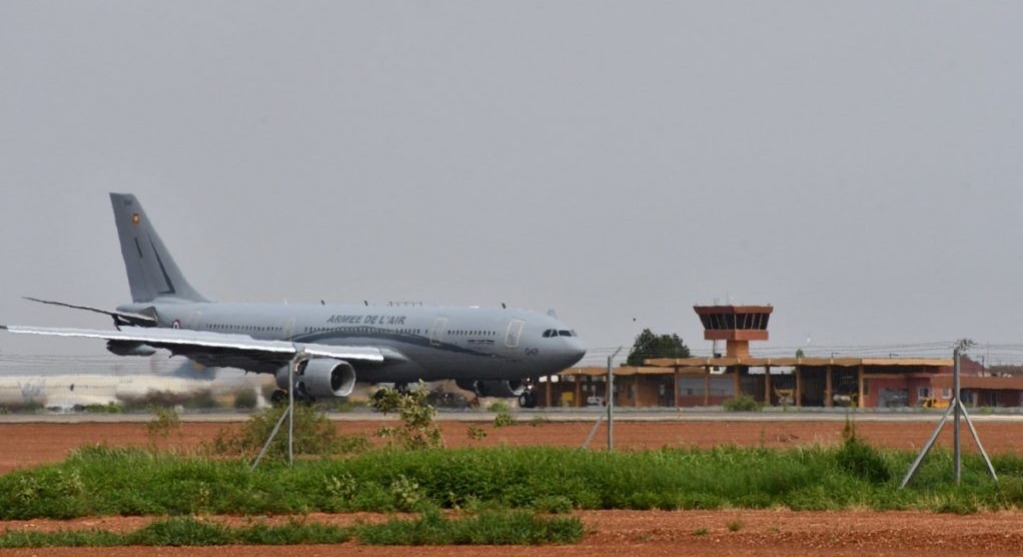ECOWAS defence chiefs in Abuja. Photo taken in 2023
On July 26, a group of soldiers meant to protect the democratically-elected President Mohamed Bazoum of the Niger Republic did the opposite and plunged the entire West African region into a depth of headache.
Hours later, Abdourahamane Tiani, a general and head of the presidential guard, appeared on national television and declared himself Niger’s new head of state.
Tiani said he toppled his boss on account of “bad governance and worsening security” and that Bazoum had tried to convince Nigeriens that “all is going well”; meanwhile, he said the state of the country is “a pile of dead, displaced, humiliation and frustration”.
There was no mention of a timeline for return to civilian leadership.
Advertisement
Regional organisations in the continent such as the African Union (AU) and the Economic Community of West African States (ECOWAS) were enraged.
Niger has experienced five successful coups since its independence from France in 1960 and the latest has posed a huge threat to democracy in West Africa while questioning ECOWAS’ abilities to control political instability in the region.
In a terse statement, President Bola Tinubu, ECOWAS chairperson, said the bloc would not tolerate anti-democratic acts and vowed to do everything within the union’s powers to ensure that stability is restored in Niger and the region at large.
Advertisement
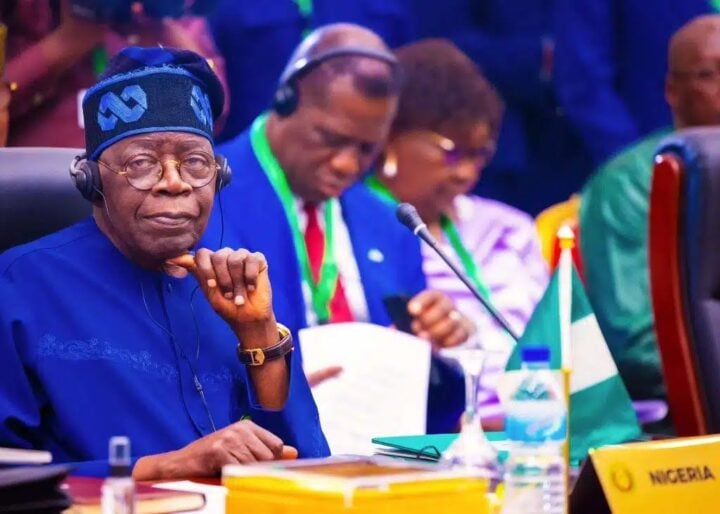
In subsequent meetings, “everything” translated to biting sanctions. ECOWAS closed all land and air borders between member countries and Niger, suspended all commercial and financial transactions between member states and Niger, cut electricity supply, froze Niger’s assets in ECOWAS central banks, suspended Niger from all financial assistance and transactions with all financial institutions, among others.
But one sanction stood out, lingering on long enough to cause panic — the use of force. Although a military intervention was not on top of the cards ECOWAS would pull to restore order, Tinubu said the bloc would be left with no other choice if it exhausts its options and the Nigerien military remain recalcitrant.
Soon, fear began to loom in the minds of Nigerians for obvious reasons. If Tinubu is calling for military intervention, it means the country’s troops would be at the forefront of the battlefield should the need arise. A good leader would have to set an example for others.
But a lot of people did not think so. From countries like Russia, to leaders like Atiku Abubakar, former vice-president, and legal experts like Femi Falana, calls for dialogue as opposed to a military intervention began to echo.
Advertisement
“The measures being contemplated should have taken into consideration the historical antecedents and mutual interests of the two countries and weighed the consequences of the use of force,” Murtala Aliyu, secretary-general of the Arewa Consultative Forum (ACF), also said.
“While the Arewa Consultative Forum recognises the ECOWAS position to bring pressure to bear on the coupists, nevertheless the military option shouldn’t be a prerequisite for Nigeria and the ECOWAS’ continuing efforts to enthrone democracy in the region in the 21st century – certainly not an adventure to be led by Nigeria.”
On August 4, Tinubu eventually wrote to the national assembly seeking backing for military intervention in Niger.
He said the move to deploy force was part of the bloc’s conclusions at its most recent meeting in Abuja.
Advertisement
The question lingering in the minds of many Nigerians remains — what does this mean for us?
HAS ECOWAS DEPLOYED MILITARY INTERVENTION BEFORE?
Advertisement
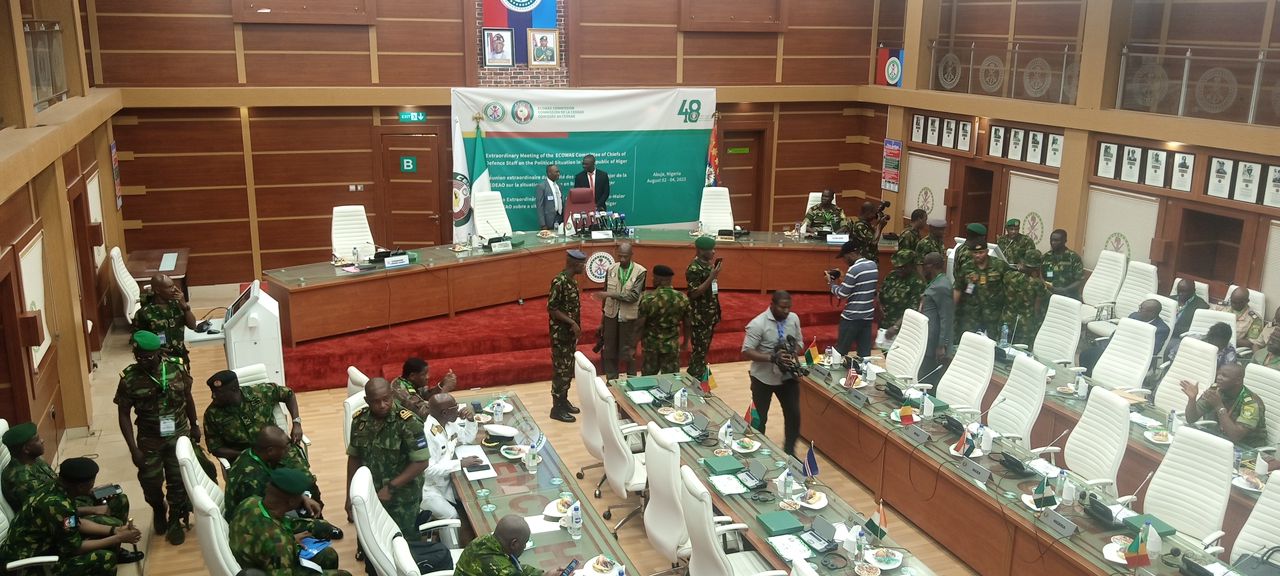
Yes. In 1989, former Liberian President Charles Taylor led a militia against the country’s government which led to the outbreak of a civil war. ECOWAS, through the Economic Community of West African States Monitoring Group (ECOMOG), a multilateral armed force, made an unprecedented move to intervene in 1990. The initial 3,000-man ECOMOG contingent was formed with personnel drawn from Nigeria, The Gambia, Ghana, Guinea, and Sierra Leone with additional soldiers contributed by Mali. The troops were present in the country until 1996 when the war ended.
ECOMOG’s next stop was the Sierra Leonean capital, Freetown, in 1997, following the overthrow of the elected civilian government of Ahmed Tejan Kabbah by Johnny Paul Koroma in a military coup. The force, again, under the command of Nigerian troops, restored Kabbah as leader in 1998.
Advertisement
Other interventions backed by Senegal and Guinea were seen in Guinea Bissau after hostilities broke out following an attempted coup in 1998, and also in the Liberian second civil war in 2003, this time led by Nigerian troops.
A 2012 coup in Mali, which led to a breakdown of order, necessitated the intervention of troops mostly from Nigeria and a host of other West African countries, including Ivory Coast, Niger and Burkina Faso.
Advertisement
The most recent intervention was in 2017, led by Senegal in The Gambia to force out Yahya Jammel who had refused to concede an election loss to Adama Barrow in the 2016 election.
Osita Agbu, a professor of international relations at Baze University, told TheCable that the early interventions Nigeria led were mostly successful for two reasons — the country was still under military rule and all forms of mediation had been exhausted.
That is not the case at the moment, said Agbu who believes that the decision to deploy troops to Niger is hasty.
“Diplomacy should have been exhausted playing the role of a mediator albeit under the auspices of ECOWAS. That should be the first approach instead of the present circumstances,” the professor said.
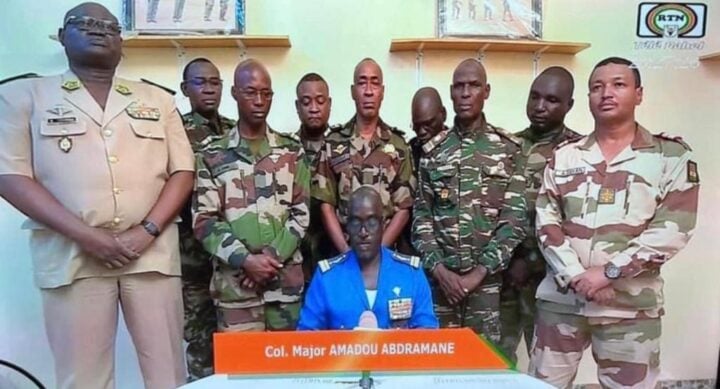
“We have had coup d’etat in at least three countries in the last few years in Mali, Guinea, and Burkina Faso and ECOWAS did not deploy troops to those places and they’re even giving the junta time and extension of their transitional periods for them to get their acts right back to civilian rule.
“So, why must we be in a hurry to say that we’ll deploy troops if ECOWAS under the leadership of Nigeria will deploy armed forces? That is basically peace enforcement, not peace keeping.”
Peace enforcement seeks to instil order by force not necessarily through diplomacy, he noted.
“When you want to react to an issue in international relations, you also have to look at your environment,” Agbu, a former head of the international politics division at the Nigerian Institute of International Affairs, continued.
“So, at the time Nigeria intervened in Liberia and in Sierra Leone, a lot of things had happened. Nigeria was under military rule which was a unitary command structure and then most West African countries were in support of the intervention because many journalists including Nigerians were being killed in Liberia. The international community did not move fast so Nigeria took it upon herself to mobilise other willing countries to raise troops to go into Liberia for peacekeeping which later turned into peace enforcement and went into Sierra Leone to do the same thing.
“But you see it’s not exactly the same now. Remember that this is a country that Nigeria has been assisting and now you want to be at the forefront of going to attack the people of Niger because they have a change of government which they said they don’t want. I think the country was in a hurry to make that kind of statement.”
NIGERIA’S WAR STRENGTH
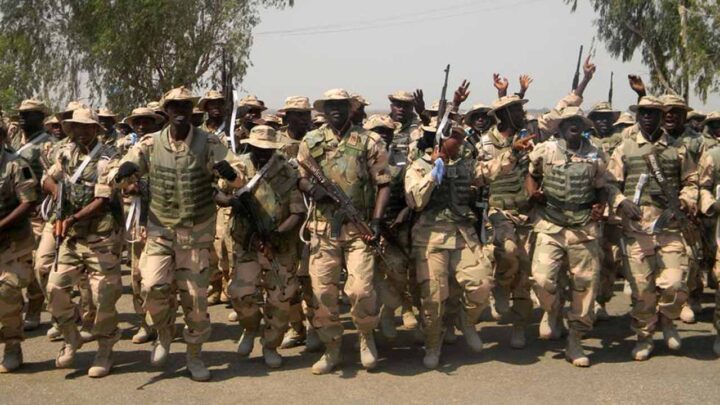
According to the 2023 Global fire power index, Nigeria has about 135,000 active troops, while Niger has about 10,000; but the huge gap in resources does not guarantee an easy invasion.
A few hours after the coup in Niger, Burkina Faso, Mali, and Guinea — all West African countries under military rule — backed their counterparts in the landlocked country.
In a joint statement, the countries said any foreign intervention in Niger is a declaration of war on their nations and would leave them with no choice but to take up arms in self-defence.
In response, the ECOWAS defence chiefs said although dialogue remains at the forefront of approaches to resolving the crisis in Niger, they have drawn up a detailed plan for military intervention including the timing, resources needed and how, where and when to deploy such force.
Nigeria, Ivory Coast, Senegal and Benin have all said they are willing to send troops into Niger if the bloc decides to do so.
With Nigeria leading the intervention against Niger, its northern neighbour with whom it shares many historical and ethnic ties, with people on both sides speaking the same language, it makes the whole situation tricky.
Sani Usman, a former Nigerian army spokesperson, told TheCable that the threat of military action against the coupists in the Niger Republic should be approached with caution.
According to the retired brigadier general, a military intervention could spell out catastrophic consequences for both countries who are still grappling with taming insecurity.
“None of the West African countries can afford a full-scale war because any military intervention could lead to war, as Mali, Burkina Faso, Guinea, and Algeria expressed willingness to assist the Niger Republic,” Usman said tersely.
“Moreover, it could worsen the general insecurity in the northern part of Nigeria, create instability, and result in a humanitarian catastrophe for both nations.”
Usman warned that foreign countries may also take advantage of the instability in the African nations, saying the use of force should not be an option at all.
“Niger will employ the services of the Wagner group and other external groups to help them as they can’t contend with Nigeria. This may further affect Nigeria in many ways. External actors might also exploit the situation to the detriment of both countries,” the former army spokesperson said.
“Already, there is growing discontent among Nigerians, especially in the north, regarding the use of military force. Therefore, it is advisable to explore alternative means to pressurise the coupists in the Niger Republic to relinquish power and facilitate a peaceful government transition.”
‘NIGERIA IS FIGHTING THE WRONG WAR’
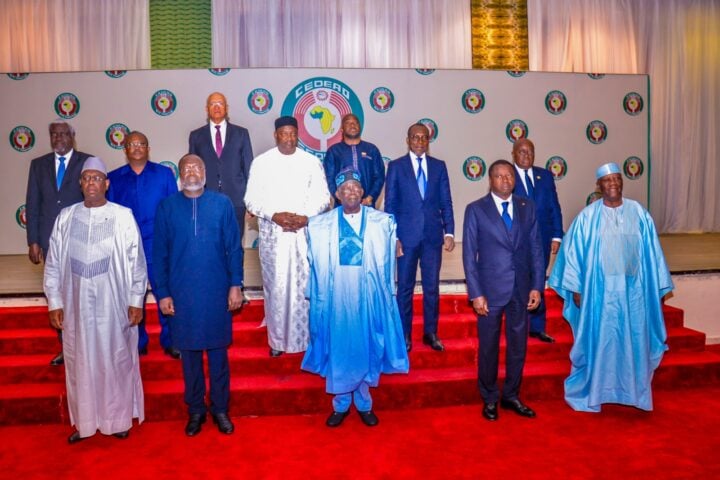
For the international relations professor, addressing the situation in Niger should not be a priority for Nigeria.
The former dean of the faculty of management and social sciences stressed that Nigeria has not recently been viewed in a good light by its neighbours. He said the recent economic decisions have not improved the government’s prospects among citizens internally either.
Agbu said Nigeria has used diplomacy and mediation to solve conflicts before; and seeing that it is a successful tactic, it should be the advocates of such a solution in Niger.
“I don’t think mediation has been exhausted, they should also look at some of the complaints of the people from Niger to Burkina Faso to Mali and see whether there is some sense to it and bring peace in a peaceful manner. I’m aware Nigeria has used diplomacy before in other serious issues and was able to go to those countries and placate issues,” he said.
“We have to be very careful. Nigeria itself has not been in a good light in the eyes of many countries in West Africa and indeed we’ve not been showing leadership for a very long time. We cannot start showing leadership now by starting off on the wrong foot in a forceful manner.
“Nigeria as a country needs to put her house in order first. What I sense here is a country that is seeking legitimacy outside whereas it does not have legitimacy inside and a country is as strong as it can be outside only when it is strong inside. So, I don’t think Nigeria is ready to embark on any adventures when the country itself is unsure of where to go.
“It needs to improve its economy where it has taken far-reaching decisions and policies. By the way, I see it, we’re going to have a fragmented West Africa if this is not properly handled.”
Add a comment
